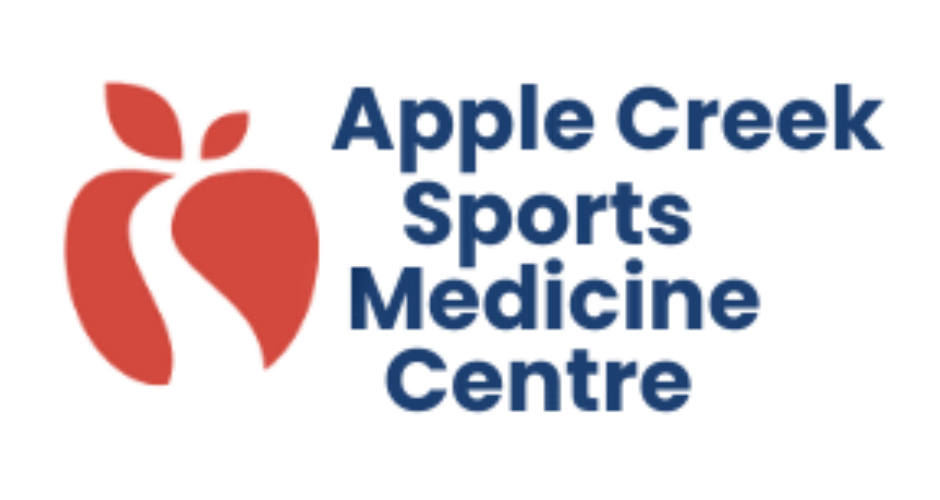
The Mental Impact of Sports Injuries: How to Cope and Recover
John Sage, Osteopathic Manual Practitioner and Certified Athletic Therapist
In the world of sports medicine, we often focus on muscles, joints, and recovery timelines. But what’s frequently overlooked—and just as important—is the psychological toll of a sports injury. As someone who has worked with athletes of all levels, I’ve seen how injuries don’t just affect the body; they can deeply challenge the mind.
For many athletes, sport is more than just a physical activity—it’s part of their identity. Whether you’re a weekend warrior or a professional competitor, an injury can feel like the rug has been pulled out from under you. Suddenly, you’re sidelined, routines are disrupted, and your goals feel further away.

Common emotional responses include:
- Frustration and anger at the limitations placed on your body
-
Fear and anxiety about re-injury or future performance
-
Sadness or depression due to social isolation or a sense of loss
-
Low self-esteem and questioning of self-worth
These reactions are normal, but when left unaddressed, they can delay recovery or lead to longer-term mental health issues.
How to Cope: Mental Strategies for Healing
1. Acknowledge the Emotional Impact
Give yourself permission to grieve the temporary loss of your sport. It’s okay to be upset. Bottling it up only prolongs the mental strain.
2. Set Realistic, Short-Term Goals
Focusing only on the big goal—“getting back on the field”—can feel overwhelming. Instead, work with your therapist or healthcare team to set small, achievable milestones. Each step forward is a victory.
3. Stay Connected to Your Team
Whether it’s teammates, coaches, or training partners, maintain your social connection. Feeling part of the community can reduce isolation and keep you mentally engaged in your sport.
4. Practice Mental Skills Training
Visualization, breathing techniques, and mindfulness exercises can reduce stress and keep your competitive mindset sharp. At Apple Creek, we often integrate these techniques into rehab plans to support the whole athlete.
5. Seek Professional Support
If your injury has left you feeling persistently low or anxious, talking to a sport psychologist or mental health professional can be a game-changer. There is strength in asking for help.
.
How We Support You at Apple Creek
At Apple Creek Sports Medicine Centre, we believe recovery is not just physical—it’s mental, emotional, and even social. Our team of athletic therapists, physiotherapists, osteopathic practitioners and massage therapists work together to support all aspects of your healing journey.
Rehabilitation isn’t just about getting you moving again—it’s about helping you feel like yourself again.
About the Author:
John obtained his osteopathic degrees (D.O.M.P., D.Sc.O.) in 2014. He also is a registered kinesiologist, certified athletic therapist. John’s education also includes a bachelor of physical education from Brock University in Ontario and a diploma in sports injury management of from Sheridan College in Ontario.
For more information about Johh, click here

